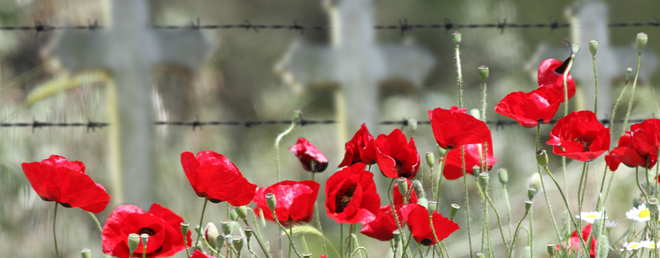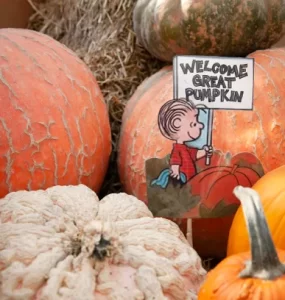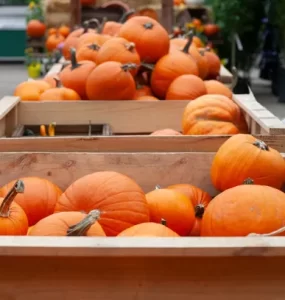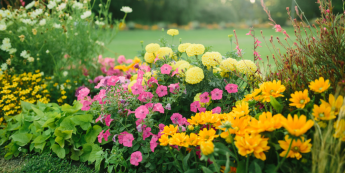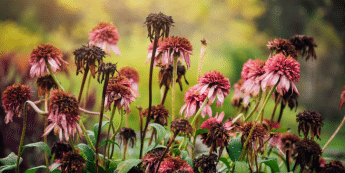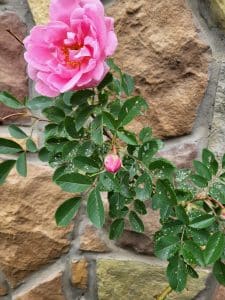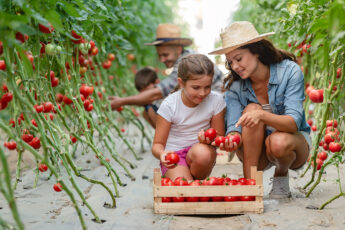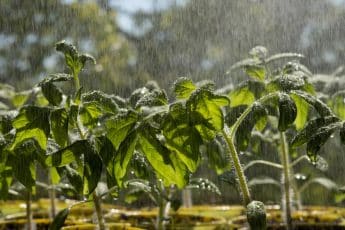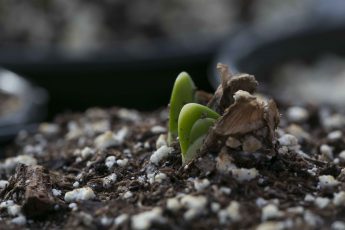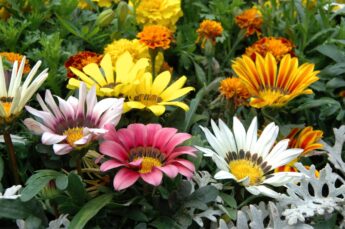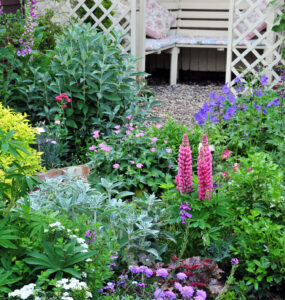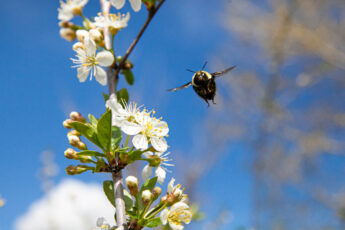Blooming in No-Mans’ Land: The Story of the Remembrance Day Poppy
by Rob Sproule
Almost a century ago, an exhausted Canadian medical officer sat in the back of an ambulance, mourning a friend he buried the day before. It was the Second Battle of Ypres, and Lt. Col. John McCrae had just experienced one of the first chemical attacks in war’s sad history, when the German army flooded Canadian lines with chlorine gas.
Amidst the incomprehensible devastation around Flanders, Lt. Col. McCrae noticed red flowers around his friend’s grave. They were specks of life upon a blighted landscape, and they inspired him.
“In Flanders Fields” is a poem about hope triumphing over death, just as the poppy literally blooms amidst death. Plant nerd that I am, I wanted to learn more. What is it about that particular poppy that it was blooming on that fateful day. Here is what I learned.
Thriving in Scorched Earth
Papaver rhoeas, which is also called corn poppy, red poppy, coquelicot, red weed, and corn rose, is so common to Western Europe that it’s considered a weed. It’s native to the Easter Mediterranean and, after its brilliant bloom is spent, disperses its seeds into the wind where they can lie dormant for 80 years waiting for ideal conditions.
Amazingly, this poppy grows best in the nightmarish wastelands that industrial warfare creates. Its seeds will only germinate in spring and only in recently disturbed land, which is why the poppy is a nuisance to farmers when they pop up on freshly tilled fields.
In Lt. Col. McCrae’s case, as the German artillery barrage in April 1915 decimated the Flanders landscape, it also awakened dormant seeds. In the churned-up mud they bolted to life and by May 2 they were in radiant bloom. He wrote his fateful poem the next day.
After Ypres in 1915, the poppy thrived across the Western Front in the springs of 1916, 1917 and 1918. British troops even noticed it on the ill-fated Gallipoli invasion in its native Turkey.
Poppies have been ubiquitous in European war zones since technology gave us the power to destroy landscapes. Writers during the Napoleonic wars noted how red flowers always seemed to grow in bombarded fields, their flowers blooming between the strewn bodies of soldiers. Where the cannon rears its destructive head, the poppy seems to follow.
Want to look like a pro? Get our indoor gardening hacks delivered weekly to your inbox.
“Poppy Lady”
On Nov 9, 1918, two days before the Armistice, Moina Belle Michael was on duty in the Overseas War Secretaries’ Headquarters in New York when someone passed her a copy of “Ladies Home Journal.” There was a poem inside, written by a Lt. Col. who had died of pneumonia earlier in the year.
Reading McCrae’s poem was so moving to Miona Michael that she later wrote of it as a spiritual experience, and pledged to always wear a Flander’s poppy as a sign of remembrance. She grabbed a used envelope and scribbled a response to the poem:
“Oh! you who sleep in Flanders Fields
Sleep sweet – to rise anew!
We caught the torch you threw
and holding high, we keep the Faith
to All who died.”
A short time later, Miona received her first $10.00 donation cheque. She used it to buy 25 silk poppies from a local department store, and the rest is history. This year, the Royal Canadian Legion will distribute around 18 million poppies so that Canadians from coast to coast can keep the faith and remember.

